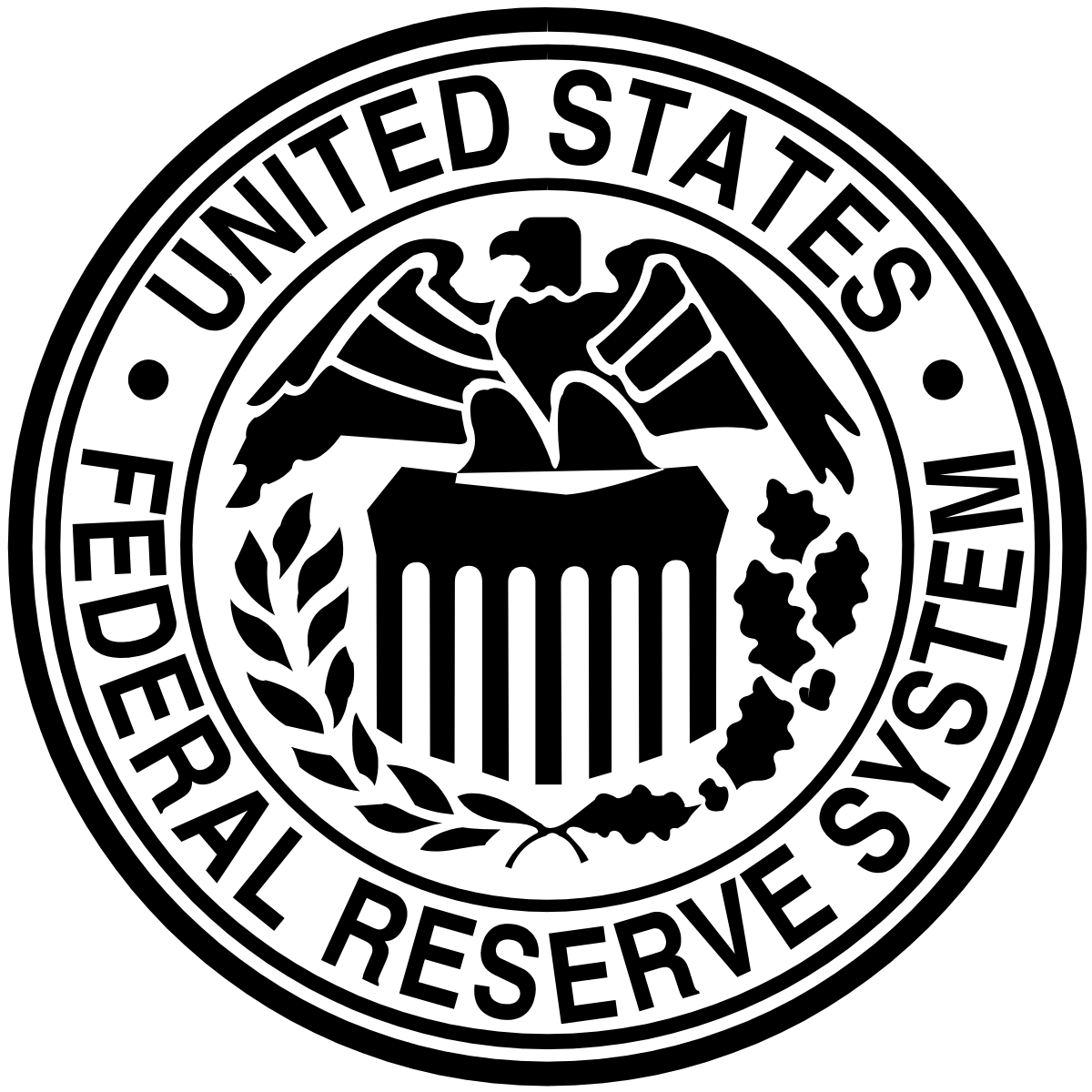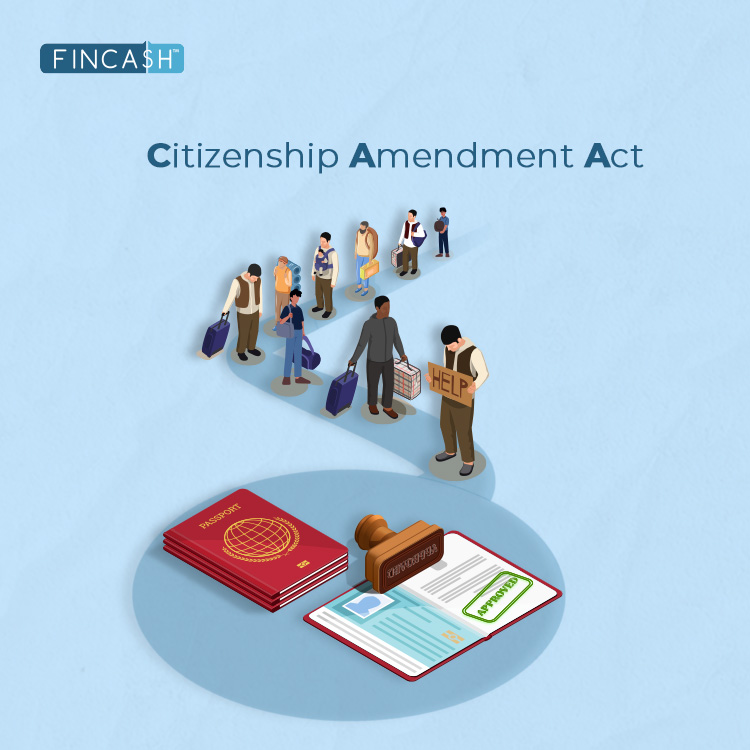Taft-Hartley Act
As per the Taft-Hartley Act definition, it is referred to as a federal law that was passed during the year 1947 and was responsible for prohibiting specific union practices. The law is known to require the disclosure of specific political and financial activities by the respective unions.

Getting an Understanding of the Taft-Hartley Act
The Taft-Hartley Act also goes by the name as the Labor Management Relations Act. The act was responsible for amending the Wagner or the National Labor Relations Act of 1935. Congress went ahead with passing the Taft-Hartley Act in the year 1947. It was preceded over by the veto of the then President Harry Truman. At the given time, the union critics went ahead with giving the act the name of “Slave-Labor Bill.”
However, Congress that was controlled by the Republicans, received encouragement from the business lobby. It saw the given act to be important for countering union abuses and for putting an end to the series of various strikes that continued breaking out after the II World War. The act was also aimed at suppressing the overall Communist influence in the respective labor movement.
Therefore, the Taft-Hartley Act or the Wagner Act is not known to span farmworkers or domestic workers.
Major Amendments in the Act
The Taft-Hartley Act went forward with underlining as many as 6 unfair practices that were implemented by the Labor Union while providing remedies for the same. The remedies were available in the form of amendments and were aimed at protecting the employees from all forms of harm that resulted from the given practices. Previously, the given act was only capable of addressing unfair labor procedures or practices that were implemented by the employers.
There is one amendment in the act that is responsible for protecting the rights of the employees under the Wagner Act’s Section 7. The given amendment goes ahead with providing the employees the ultimate right to create unions while engaging in collective bargaining from the respective employers. The given amendment aims at protecting the employees from any type of unfair coercion through unions resulting in discrimination against them.
Talk to our investment specialist
Another amendment of the act reveals that an employer is not allowed to refuse hiring potential employees just because they will not be joining any union. However, the employer is given the right to sign some agreement with the respective union –requiring an employee to consider joining the union either on or before the 30th day of working of the employee.
Changes to Elections
The given act is known to have executed specific changes to the rules related to union election. The given changes aimed at excluding supervisors from the existing bargaining groups while providing them special treatment –especially to some employees.
The given act was also responsible for creating as many as 4 new types of elections.
All efforts have been made to ensure the information provided here is accurate. However, no guarantees are made regarding correctness of data. Please verify with scheme information document before making any investment.












